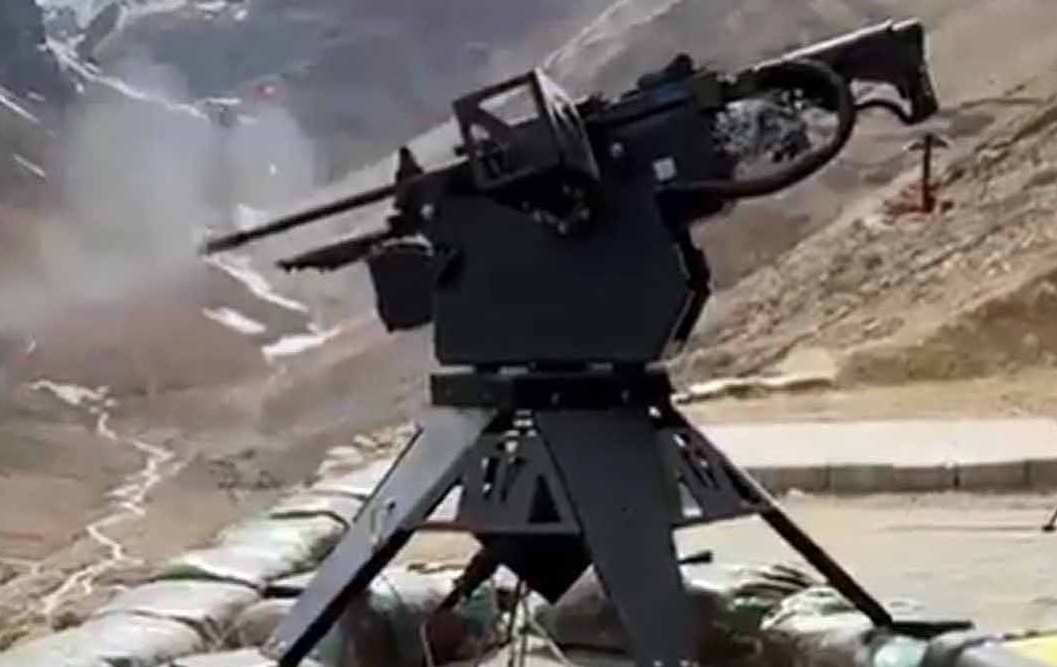Indian Railways Transformation: Adding 31,000-Km Rail Network in 10 Years, Matching Germany's Entire System

Indian Railways under Modi Government adds 31,000-km rail network, equivalent to the entire railway network of Germany, marking a decade of remarkable expansion and modernization.
Union Minister for Railways, Communications, and IT Ashwini Vaishnaw recently highlighted the transformative changes in Indian Railways over the past decade during the Modi government. Speaking at the Viksit Bharat Ambassador event in Mumbai, he detailed how the Railways have seen significant development and modernization.
Expansion and Electrification
Under the Modi government, Indian Railways has seen an unprecedented expansion. Minister Vaishnaw reported that the country is now building 4 km of rail tracks daily. In the last financial year alone, 5,300 km of rail network were constructed, equivalent to Switzerland's entire network. Over the past ten years, 31,000 km of railway tracks have been added, which is on par with Germany's entire rail network.
Electrification has also seen a massive boost. In the past decade, 44,000 km of railway networks were electrified, compared to only 20,000 km over the previous 60 years under Congress governance. The minister emphasized that the Railways are moving towards 100 percent electrification.
Modernization and Gauge Conversion
The Modi government has focused on converting meter gauge tracks to broad gauge, a process that should have started in the 1950s and 60s. This conversion has been a priority, enhancing the capacity and efficiency of the Railways.
Station Redevelopment and Modern Trains
The redevelopment of railway stations is a significant part of the modernization efforts. Over 300 stations across the country are being upgraded, including 120 in Maharashtra. The Shivaji Maharaj railway station is one such example of state-of-the-art renovation.
The introduction of Vande Bharat and Bullet trains signifies the government's commitment to modernizing Indian Railways. The Bullet train project, connecting cities between Maharashtra and Gujarat, is expected to bring significant development to the region. Homegrown Vande Bharat trains are also transforming how people commute and travel across the country.
Future Plans: Vande Bharat Series
The Modi government plans to roll out more Vande Bharat trains in the coming years. The Vande Metro, Vande Chair car, and Vande Sleeper are part of this series, designed to enhance travel comfort and reduce the need for waiting tickets. These trains aim to connect cities within varying distances, ensuring more efficient and comfortable travel.
Technological Advancements
India is also emerging as a global hub in semiconductor manufacturing and telecom services. The mobile manufacturing sector has seen a dramatic shift. Ten years ago, 98 percent of mobile phones were imported. Today, 99 percent of mobile phones are made in India. Apple alone exported phones worth 8,500 crore in April, indicating a booming industry.
Impact on Youth and Economy
The minister shared a story about a girl from Bihar who works at a mobile manufacturing unit. Her story highlights the opportunities created for young people in India, providing them with recognition and respect in their communities.
In summary, the Modi government's focus on the Railways has led to significant improvements in infrastructure, modernization, and technological advancement. These changes are not only transforming travel within the country but also positioning India as a global leader in various industries.
✍️ This article is written by the team of The Defense News.






